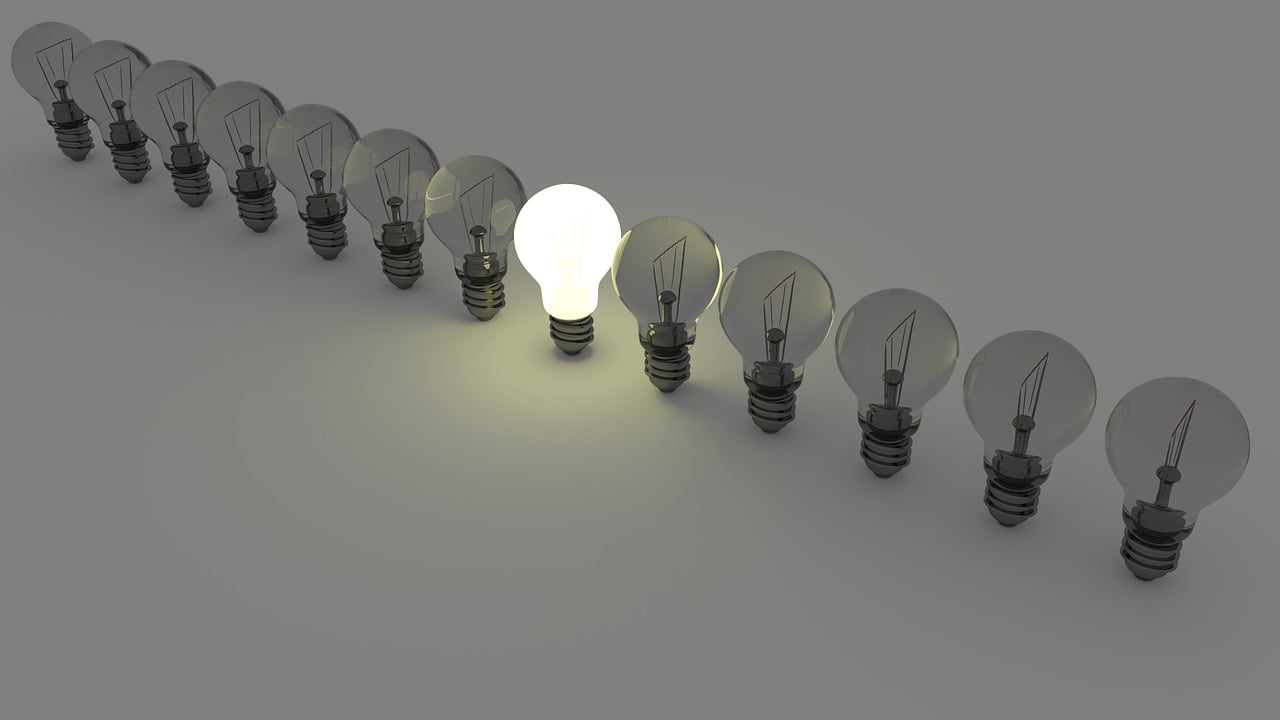Eco-Friendly Coffee Cups: Beyond the Disposable Dilemma
One of the most pressing issues in the coffee industry is the staggering number of disposable cups that end up in landfills. Traditional paper cups, lined with plastic for insulation, are notoriously difficult to recycle, contributing to environmental degradation. In response, innovative solutions are emerging, such as biodegradable and compostable cups made from materials like cornstarch and sugarcane fibers. These cups break down naturally, leaving behind minimal environmental impact. Some coffee shops are also encouraging reusable cup programs, offering discounts to customers who bring their own containers. As we look toward 2024, the adoption of these eco-friendly alternatives can significantly reduce the ecological toll of coffee consumption.
Sustainable Coffee Beans: From Farm to Cup
Beyond the cup, the journey to sustainability extends to the very heart of the coffee experience—the beans. Coffee cultivation has historically been associated with deforestation, pesticide use, and other environmentally harmful practices. However, the tide is turning as more coffee shops prioritize sustainably sourced beans. By supporting fair trade and organic farming practices, coffee shops contribute to the preservation of biodiversity, soil health, and the overall well-being of coffee-producing communities. With certifications like Rainforest Alliance and Fair Trade gaining prominence, customers can enjoy their daily caffeine fix with the assurance that their cup of coffee is ethically and sustainably sourced. As the demand for eco-friendly coffee beans continues to grow, the industry is set to witness a positive shift towards more sustainable practices in the coming years.
Energy-Efficient Brewing Equipment: Powering Up Responsibly
Coffee brewing processes, especially in high-traffic coffee shops, can be energy-intensive. However, advancements in technology have paved the way for more energy-efficient brewing equipment. In 2024, coffee shops are increasingly turning to innovative brewing machines designed to minimize energy consumption without compromising on the quality of the brew. These machines often feature programmable settings, ensuring precise control over the brewing process and minimizing waste. Additionally, some coffee shops are investing in renewable energy sources to power their operations, further reducing their environmental impact. As the industry embraces these eco-friendly brewing solutions, coffee aficionados can indulge in their favorite beverages with the knowledge that their cup of joe is brewed with a commitment to sustainability.
Zero-Waste Packaging Solutions: Reducing the Footprint of Coffee Retail
The environmental impact of the coffee industry extends beyond the confines of the coffee shop. Packaging, from bags of coffee beans to individual servings, contributes significantly to the overall waste generated. In 2024, the emphasis is on zero-waste packaging solutions that prioritize recyclability and reduce the need for excessive materials. Some coffee shops are opting for compostable packaging made from plant-based materials, ensuring that even the packaging breaks down harmlessly. Additionally, bulk coffee dispensers are gaining popularity, allowing customers to bring their containers and fill them with the desired amount of coffee, minimizing packaging waste. As the demand for sustainable packaging grows, coffee shops are exploring creative ways to package their products without compromising on freshness while simultaneously lessening their environmental impact.
A Steaming Cup of Sustainability
As coffee shops navigate the challenges of a rapidly evolving industry, embracing sustainable practices becomes not just a choice but a necessity. The eco-friendly products and practices discussed here represent a glimpse into the future of coffee consumption—a future where every sip contributes to a greener, healthier planet. By adopting these sustainable alternatives, coffee shops in 2024 can not only meet the growing demand for responsible business practices but also pave the way for a more environmentally conscious coffee culture. As consumers become increasingly aware of the impact of their choices, the symbiotic relationship between coffee and sustainability is poised to flourish, promising a future where a steaming cup of coffee brings not just warmth but also a sense of responsibility for the well-being of our planet.
Frequently Asked Questions (FAQs)
- What are the main environmental issues associated with the coffee industry?
- The primary environmental concerns include the massive amount of waste generated by disposable cups, deforestation associated with coffee cultivation, and the carbon footprint of energy-intensive brewing processes.
- How can coffee shops reduce the environmental impact of disposable cups?
- Coffee shops can opt for biodegradable and compostable cups made from materials like cornstarch and sugarcane fibers. Encouraging customers to bring their own reusable cups is another effective strategy.
- What certifications should consumers look for to ensure ethically sourced coffee beans?
- Certifications such as Rainforest Alliance and Fair Trade indicate that coffee beans are sourced through environmentally sustainable and socially responsible practices. These certifications ensure fair wages for farmers and promote biodiversity.
- How can coffee shops make their brewing processes more energy-efficient?
- Investing in innovative brewing machines with programmable settings helps minimize energy consumption. Some coffee shops are also transitioning to renewable energy sources to power their operations, contributing to overall sustainability.
- What is zero-waste packaging, and how is it relevant to the coffee industry?
- Zero-waste packaging aims to minimize or eliminate waste by using materials that are recyclable or compostable. In the coffee industry, this involves adopting packaging solutions like compostable bags and bulk dispensers to reduce the environmental impact of packaging.
- Are there any trends in sustainable coffee practices expected to grow in 2024?
- Anticipated trends include an increased focus on circular economy principles, where coffee shops aim to create closed-loop systems, and a rise in consumer demand for transparency in the sourcing and sustainability practices of coffee establishments.




